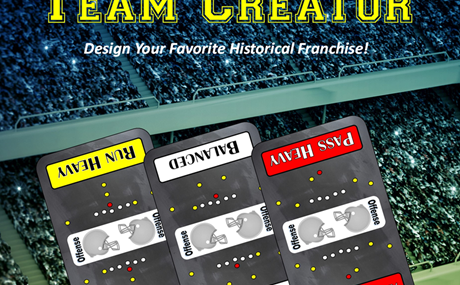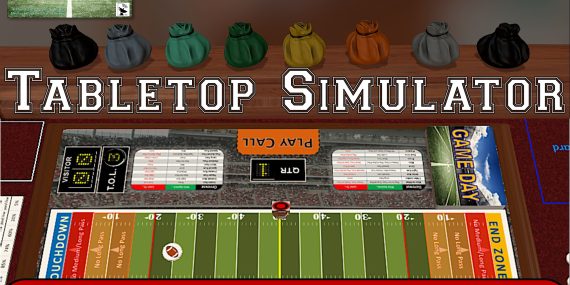Breakaway Football Solo AI wins “Stomp of Approval”
We are pleased to report that the Solosaurus Podcast, part of the Dice Tower network, has awarded Breakaway Football with the coveted “Stomp of Approval” award for exceptional solo play. Click here to listen to the Solosaurus Podcast episode! “It’s like playing against a human player, which makes it brilliant as a solo game…not just…



